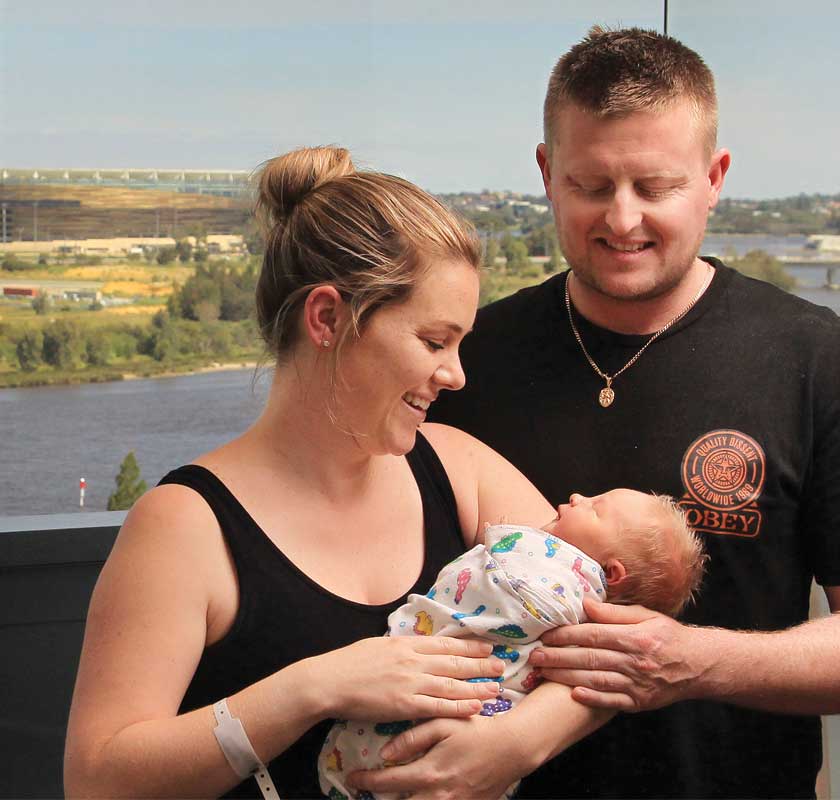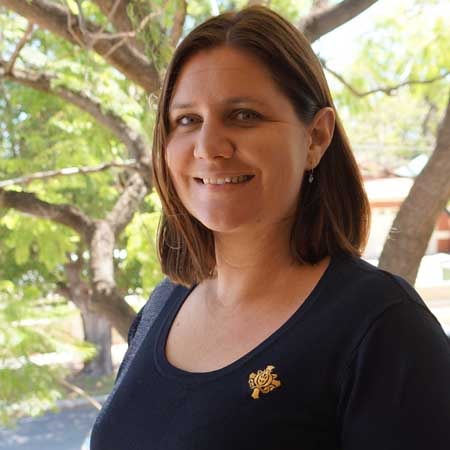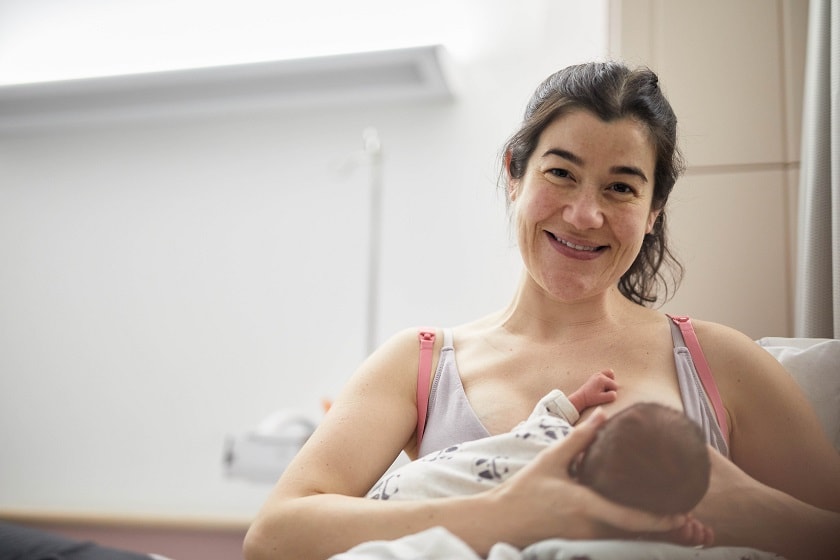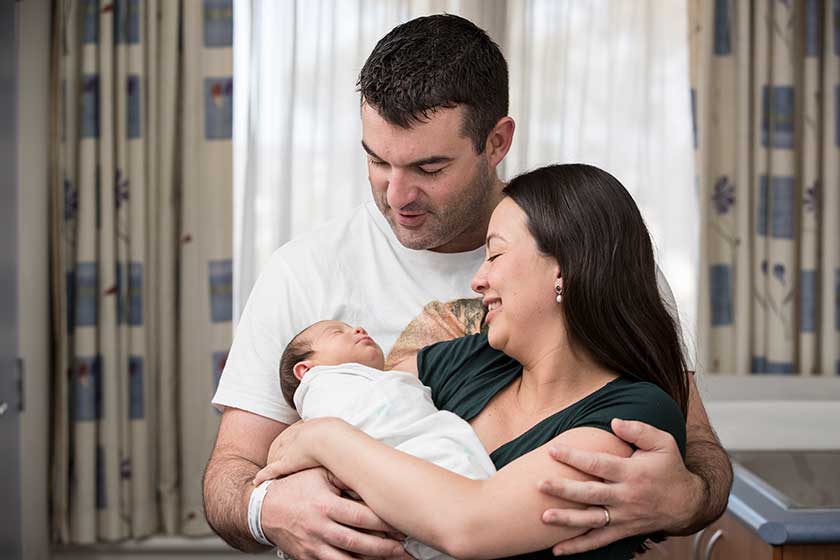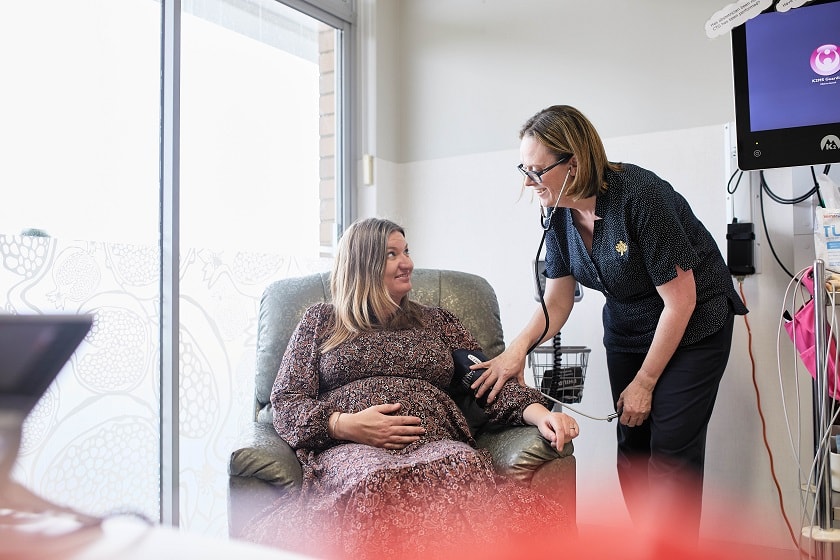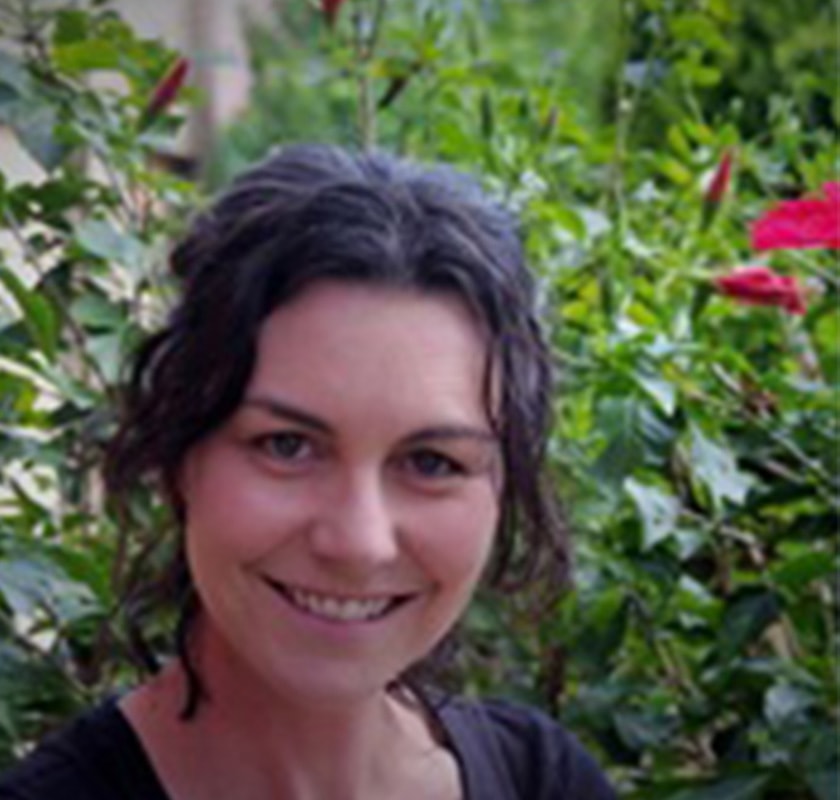1. Breastfeeding is not easy. Babies are preprogramed to breast feed. After a time spent with you skin-to-skin your baby will instinctively seek out the nipple in search of a feed. However, breastfeeding is not automatic. Every mum and baby need practice to get used to each other and find the way that works best for them.
2. All breasts and nipples come in different shapes and sizes. There is no ideal breast size or shape to give you a head start in breastfeeding.
3. History is no indicator. Just because you may have had difficulties with breastfeeding after a previous pregnancy does not mean it will be the same for future attempts. Conversely, the opposite is also true. You are always welcome to ask questions no matter how many children you have had and each baby is different.
4. Breastfeeding should not be painful. At the beginning, breastfeeding might feel strange or uncomfortable, but it should never be painful. If you do experience pain, perhaps baby is having trouble attaching. Seek the advice of your medical professional.
5. It is normal for your milk to change over time. The first milk that your breasts will produce is called colostrum. It is low in fat and high in carbohydrates and nutrients. Colostrum is produced throughout pregnancy and will last for several days after birth. After this, the milk will thin out and lighten in colour, but will still contain everything your baby needs to grow.
Every midwife at St John of God Health Care is trained in the latest breastfeeding techniques. Your midwives are available to offer guidance at any time during your hospital stay.

